Written by Daniel Stefanelli
There’s no one formula for how to be a writer. Some people listen to music while they write, while others work in complete silence; some write at night and others in the morning; some people find writing poetry comes naturally, but others can’t get past “roses are red/ violets are blue . . .”
But there is one thing that all great writers seem to have in common: they read.
Reading is an essential tool for anyone who’s serious about improving their writing. Not only can reading be a powerful source of inspiration, but it can also help us learn and develop as writers.
Why? Well, when we read we can learn to recognize what works and what doesn’t in other people’s writing. We begin to internalize different styles and sentence structures. And, with a little practice, we can learn to ask questions about why an author chose to write their work the way they did. It’s a process we sometimes call “meta cognition” (literally: thinking about thinking) and some scholars of writing have suggested that its a key skill in learning how to be a better writer. It helps you move from wondering what you should say in your essay to thinking about how you should say it. Meta cognition is thought to be so important that some writing teachers are developing curricula based around the idea of “writing about writing.”

The good news is reading anything can be beneficial to your writing, but if you’re serious about the “meta” part of meta cognition, consider reading books about writing. Here are some of my favorite books about writing to help you get started:
1 – On Writing Well by William Zinsser
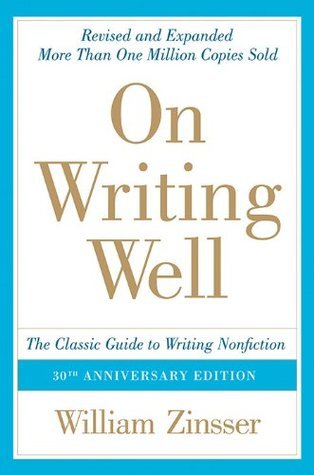
William Zinsser was a renowned journalist and writing professor. On Writing Well: An Informal Guide to Writing Nonfiction offers tips on the fundamentals of writing prose with Zinsser’s characteristic clarity and warmth. If you’d like to learn more about writing nonfiction but aren’t sure where to start, you can’t go wrong with this classic best-seller.
2 – How to Write a Lot by Paul J. Silvia
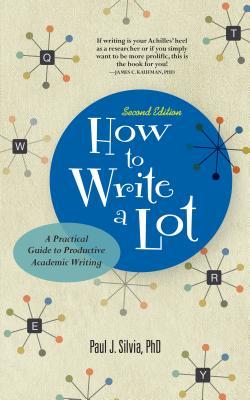
Are you the kind of writer who struggles with deadlines? If you’re no stranger to all-nighters, then How to Write A Lot: A Practical Guide to Productive Academic Writing can change your life. Funny and encouraging, Silvia has tips for writers of all levels to master productivity and make procrastination a thing of the past. This book is especially helpful for graduate students and anyone interested in publishing their work.
3 – On Writing by Stephen King
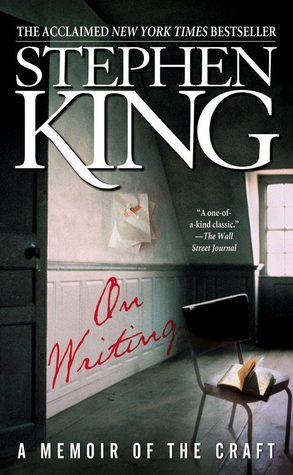
You probably know Stephen King for his seemingly endless list of best-selling horror novels, but this memoir is every bit as entertaining. Readers get a first-hand account of King’s rags-to-riches story while learning tips and tricks from one of the most celebrated novelists of a generation. Keep in mind, this is Stephen King we’re talking about, so be prepared for some adult language!
4 – Becoming an Academic Writer by Patricia Goodson
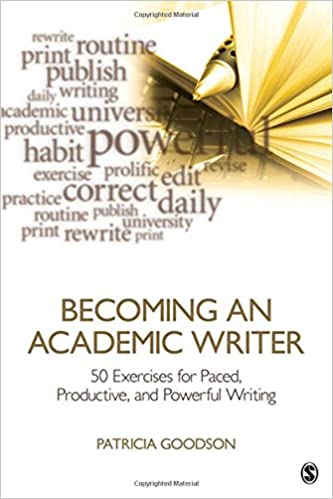
This is the closest thing I’ve found to a complete guide to improving your academic writing. Not only does Goodson share current research from writing education in simple, accessible language, but the book also contains more than fifty exercises for practicing every aspect of academic writing. Learn how to manage your time, master academic genres, and even strengthen your academic vocabulary all with simple exercises you can do at your own pace. It’s like a Write Site tutor you can carry in your backpack!
5 – The Writing Life by Annie Dillard
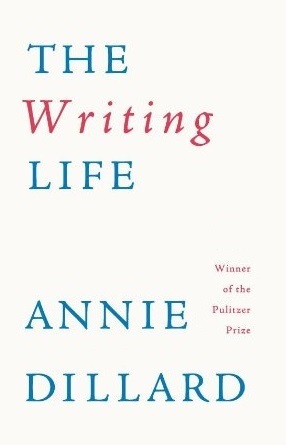
If you’ve never read anything by Annie Dillard, you’ve been missing out. The Pulitzer prize winner has published breathtakingly beautiful collections of poetry, memoir, and non-fiction essays. The Writing Life is a collection of short essays that will change the way you think about writing forever––and introduce you to what might be your new favorite author.





